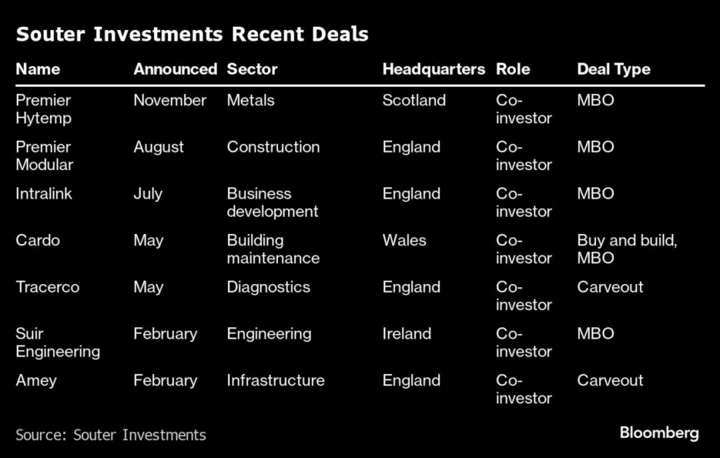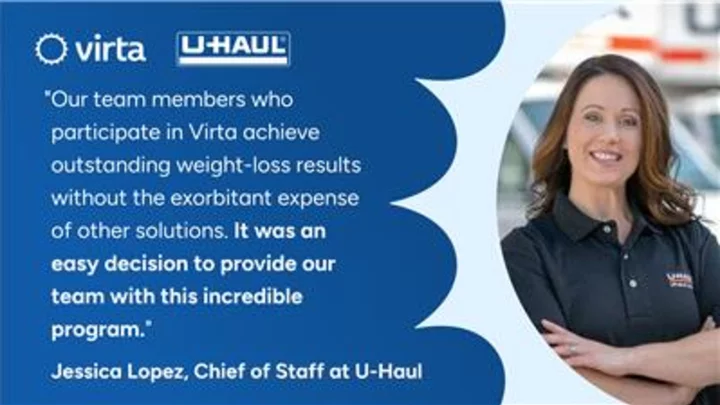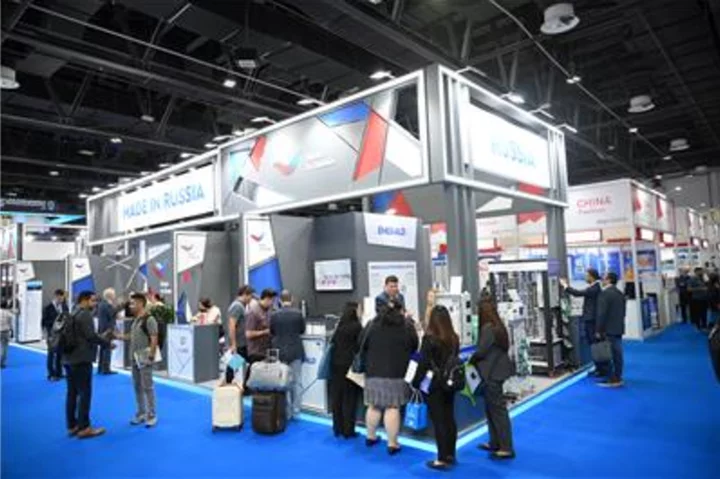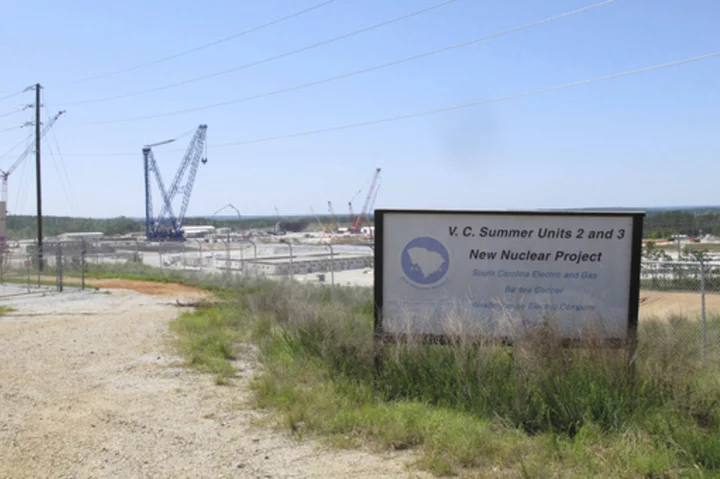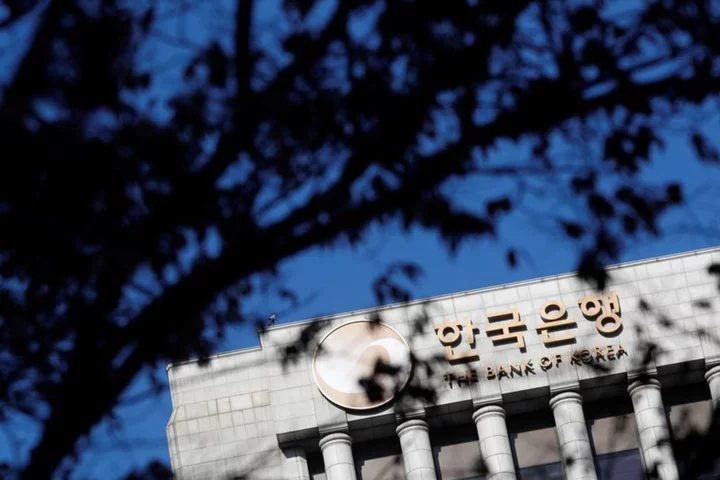Brian Souter built one of the world’s largest transport fortunes over the past four decades through Stagecoach, the UK bus operator he and his family started with a pair of second-hand vehicles.
Now, fueled by the proceeds from last year’s takeover battle for the company, Souter’s personal investment firm has embarked on a major deal spree, shifting his fortune further away from the industry that defined his career.
Souter’s namesake family office has announced seven investments this year in UK and Irish companies, spanning the energy, construction and engineering sectors.
It agreed this month to acquire UK metals-solutions firm Premier Hytemp in its latest bet, with terms of the deal not disclosed. Even with a global slowdown in deal making, the firm plans to continue allocating some of the £595 million ($743 million) that Deutsche Bank AG’s DWS Infrastructure paid last year to acquire Stagecoach in an all-cash transaction.
“The exit has given us more firepower,” Souter Investments Managing Director Calum Cusiter said in an interview. “We’re definitely not of the camp that is risk off.”
Souter’s firm has net assets of about £400 million, according to filings published last week, representing the bulk of his wealth as well as making it one of the UK’s biggest family offices for a British entrepreneur.
The Edinburgh-based company has made more than 50 deals since being created in 2006, often focusing on established businesses below the radar of the biggest private equity firms. Souter Investments typically makes five to 10 investments a year of £2 million to £30 million, putting 2023 on track to be one of its busiest 12-month periods.
Souter, 69, and his sister Ann Gloag, 80, a fellow Stagecoach founder, received a total of about £120 million through DWS’s buyout, which scuttled a merger with rival business National Express, according to data compiled by Bloomberg. About £25 million from the deal separately went to Souter’s namesake foundation, which oversees more than £100 million of investments, filings show.
“We probably could write bigger checks,” said Cusiter, who declined to comment on Souter’s wealth. “But we are mindful of the need to diversify.”
Souter, a former Arthur Andersen accountant, founded Stagecoach with his sister in 1980 as Margaret Thatcher’s Conservative government began to deregulate the UK’s bus industry. Those changes helped Souter expand through acquiring rivals while maintaining a focus on affordable fares.
The British tycoon, whose father was a bus driver, helped lead the Perth, Scotland-based firm’s operations until 2019, when he stepped down as chairman after earlier serving as chief executive officer.
By then, the company’s revenue had risen more than 650%, with Souter receiving at least £200 million in dividends and share buybacks, according to data compiled by Bloomberg. DWS’s offer to buy Stagecoach for 105 pence per share valued the firm about 350% higher than its initial public offering price in London about three decades earlier.
Souter previously shared a family office with his sister, but the pair split due to different priorities for managing their money. His family office has since focused on buying stakes in companies directly on its own or alongside mid-sized private equity firms instead of through a major buyout fund.
Of the roughly three-dozen past investments listed on Souter Investments’ website, the firm had a representative on about half of the companies’ boards. It has held several for more than a decade, exceeding the usual time frame for a private equity fund.
“Our inclination is to ask questions and be involved,” Cusiter said. “Giving money to a fund is absolutely valid as a strategy. It’s just not how we do it.”
Successful bets for the family office include investing alongside Buckthorn Partners for a stake in industrial-equipment business Ashtead Technology. The firm listed in London in 2021 and saw its shares more than double before Souter’s family office exited in May.
It also invested in the management buyout of Esure in 2010 and exited three years later when the UK insurance firm listed at a valuation about 350% higher.
Still, not all the family office’s investments are big successes. Fullers360, one of New Zealand’s largest ferry operators that Souter Investments bought in 2009, has reported losses for its past three financial years. It also sold Turkish transport business IDO in 2020 after it faced debt troubles.
“We don’t pretend that everything we’ve touched turns to gold,” Cusiter said.
Cusiter, 43, joined Souter Investments soon after its creation along with fellow managing director John Berthinussen, making them two of the longest-serving employees among the family office’s dozen or so staff members.
Cusiter said the firm is monitoring the situation in Israel and Gaza for any broader macroeconomic impacts, but has no plans to stop striking deals.
“We are still looking to deploy,” he said.

